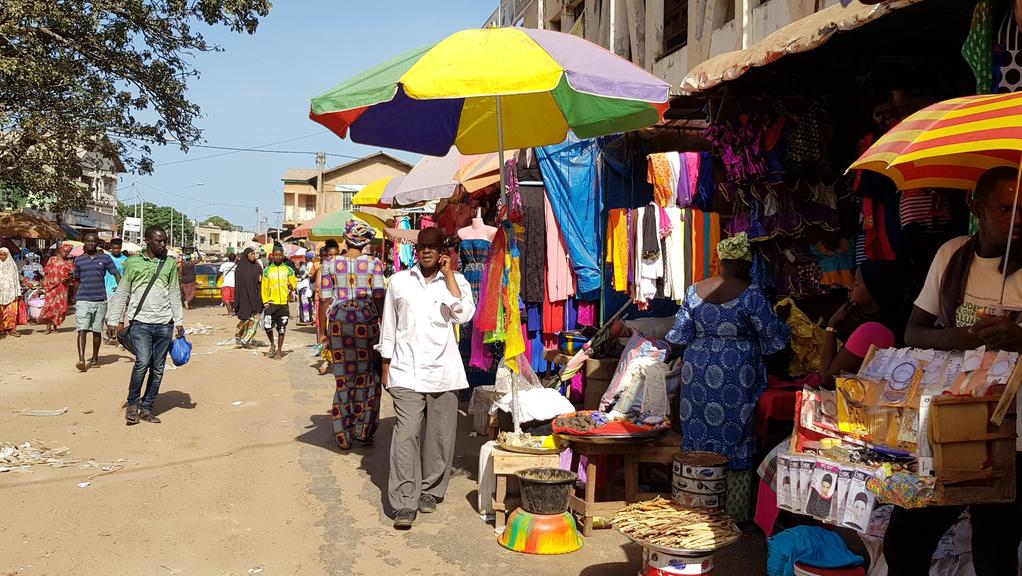
As the African Continental Free Trade Area (AfCFTA) gains momentum, The Gambia stands at the cusp of significant economic transformation.
Launched in 2021, the AfCFTA aims to create a single market for goods and services across Africa, fostering trade integration among the continent’s 55 member states. The initiative has been heralded as a game-changer for African economies, particularly smaller nations like The Gambia.
The Gambia ratified the AfCFTA agreement in 2018, becoming one of the first countries to do so. This early commitment underscores the nation’s ambition to leverage the pact to boost its economy.
With a population of just over two million, The Gambia relies heavily on imports and agriculture, making it imperative to diversify its economy and enhance trade relations with other African countries.

On key opportunities for the Gambia, experts suggest that The Gambia’s strategic location as a gateway to West Africa positions it to become a regional trade hub. The country could capitalize on its thriving tourism industry and burgeoning agricultural sector, particularly in the export of groundnuts, fish, and horticultural products.
The AfCFTA also promises to address long-standing challenges such as high tariffs and non-tariff barriers that have hindered Gambian businesses from accessing broader African markets. By reducing trade costs, local enterprises, especially small and medium-sized enterprises (SMEs) can expand their reach across the continent.
Despite the potential benefits, The Gambia faces hurdles in fully exploiting the AfCFTA. Infrastructure deficits, limited industrial capacity, and inadequate trade facilitation mechanisms remain significant obstacles.

Additionally, concerns about fair competition have emerged, as Gambian businesses may struggle to compete with larger, more established firms from other African nations.
To mitigate these challenges, stakeholders have called for targeted investments in infrastructure, skills development, and technology. Strengthening public-private partnerships and aligning national policies with AfCFTA objectives will also be crucial.
The Gambian government, in collaboration with the private sector, has initiated measures to raise awareness about the AfCFTA. In 2023, the Ministry of Trade, Industry, Regional Integration, and Employment launched a series of workshops aimed at educating businesses on the benefits and requirements of the trade pact.
The Gambia Chamber of Commerce and Industry (GCCI) has also been proactive in mobilising its members to take advantage of the AfCFTA. “The AfCFTA presents an unparalleled opportunity for Gambian businesses to expand their horizons.
However, we must be prepared to embrace competition and innovation,” said GCCI President Edrissa Mass Jobe.
As the AfCFTA continues to evolve, The Gambia must position itself strategically to maximise its benefits.
By addressing its domestic challenges and fostering regional partnerships, the nation can not only enhance its economic resilience but also play a pivotal role in Africa’s trade integration journey.
The success of the AfCFTA in The Gambia will ultimately depend on the collective efforts of the government, private sector, and civil society to ensure that no one is left behind in this transformative era of African trade.
By Pa Modou Cham










Recent Comments